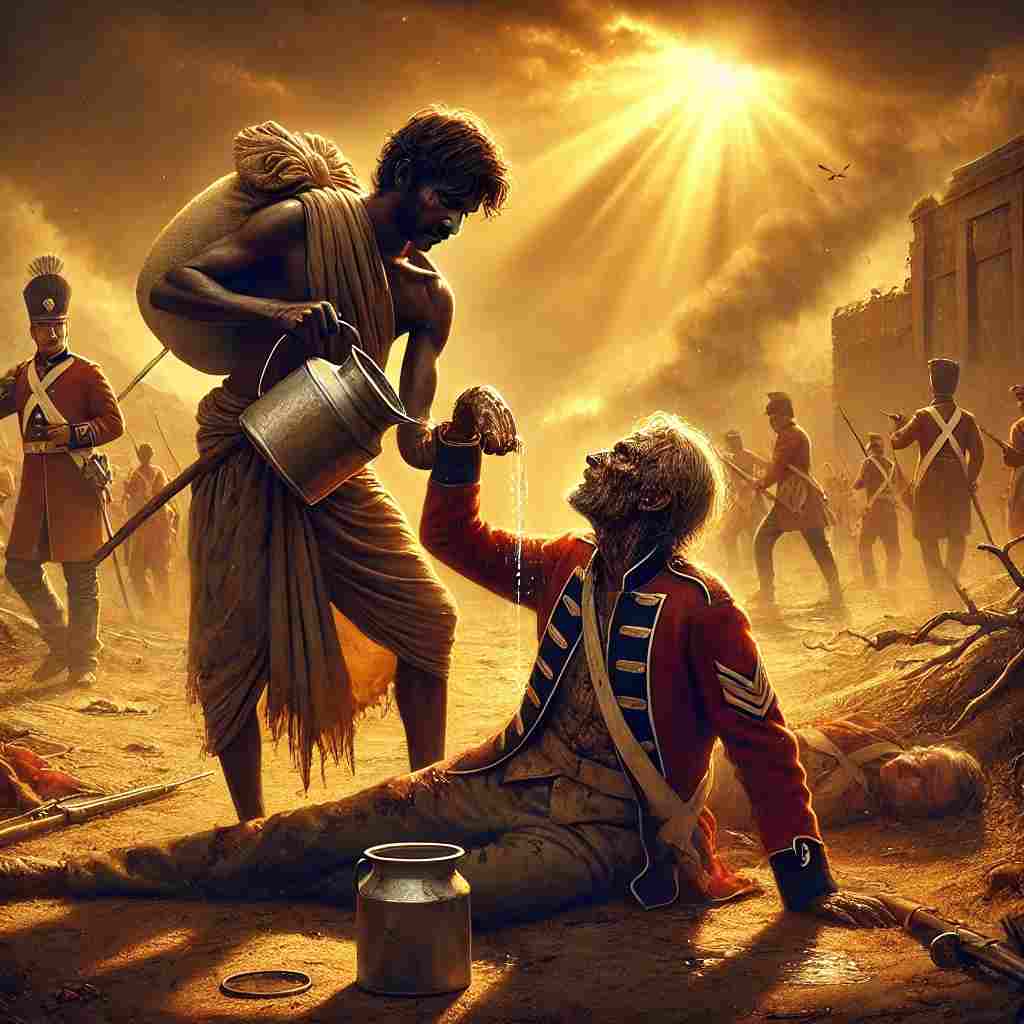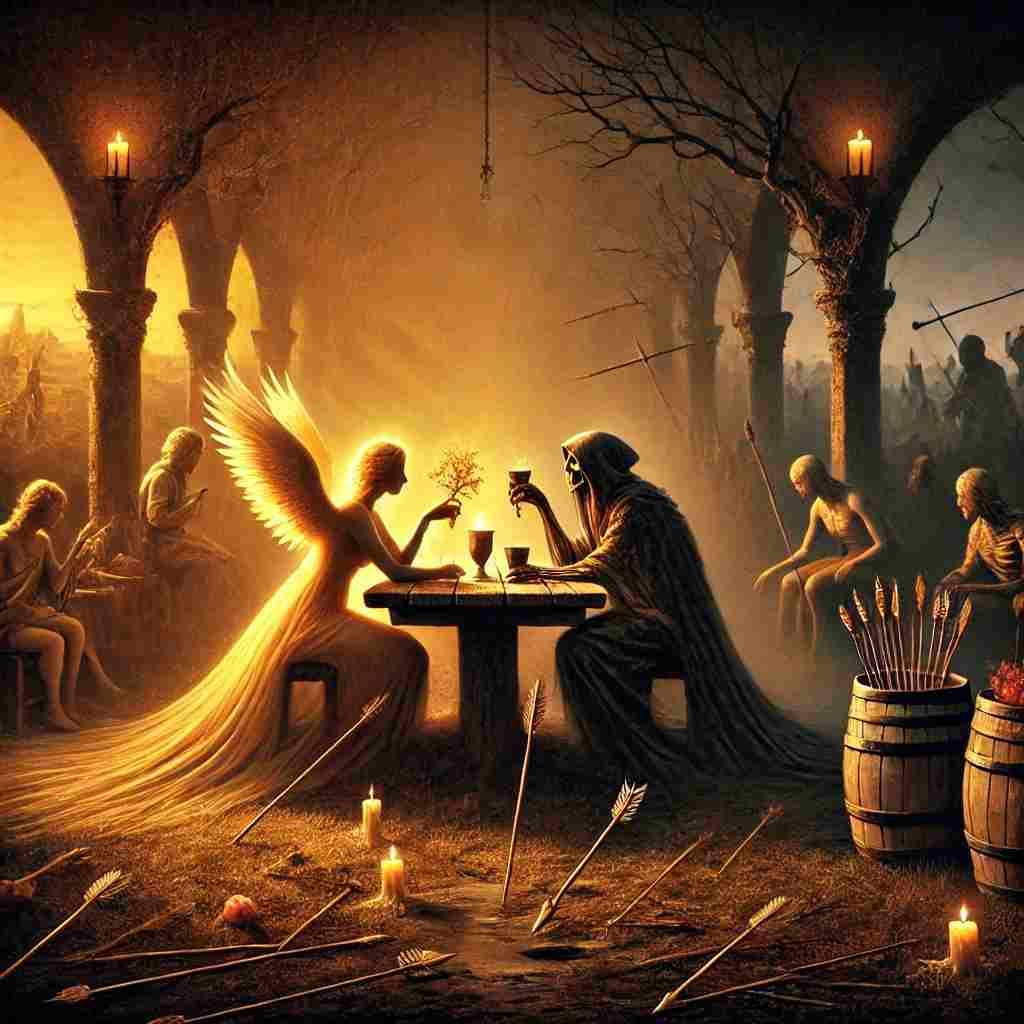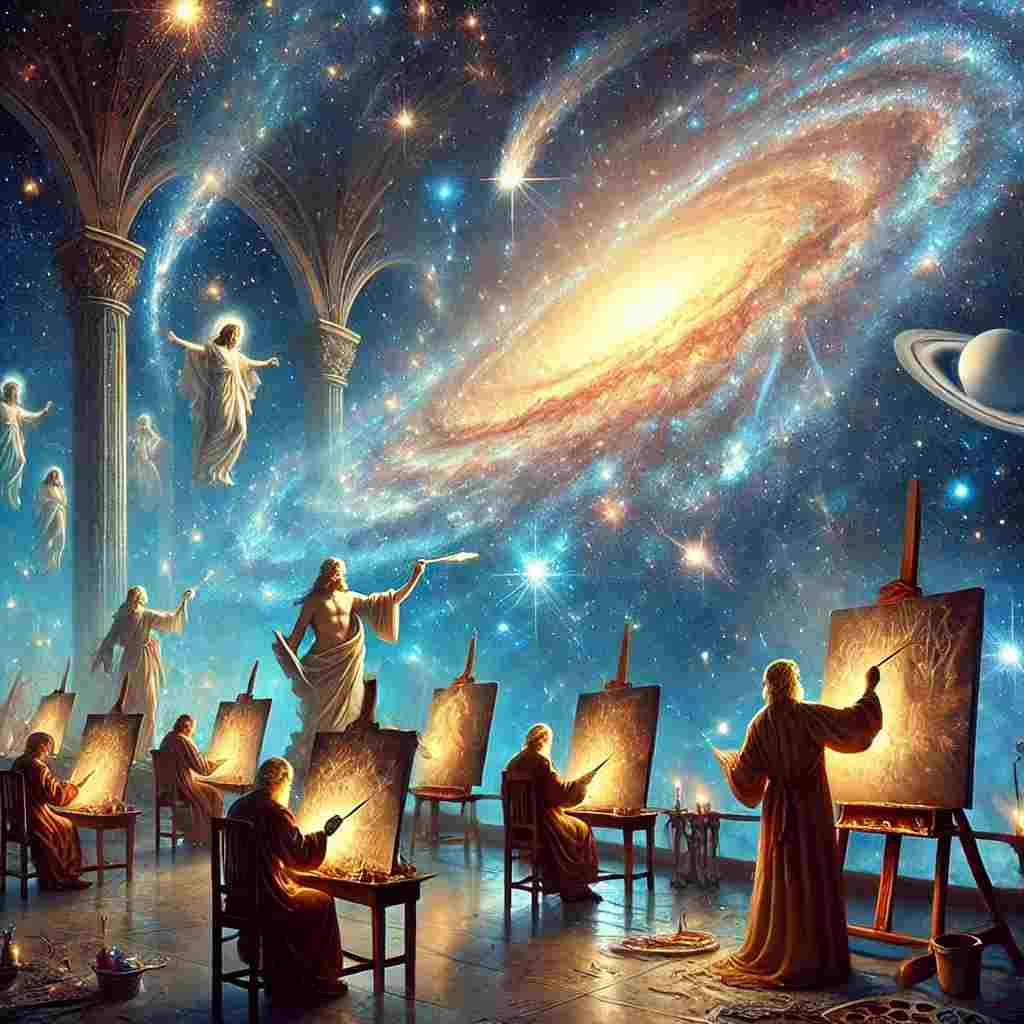7 Poems by Rudyard Kipling
1865 - 1936
Rudyard Kipling Biography
Rudyard Kipling, born on December 30, 1865, in Bombay (now Mumbai), India, was one of the most popular writers in the United Kingdom in both prose and verse in the late 19th and early 20th centuries. His unique position as a Briton born and raised in India gave him a distinctive perspective that profoundly influenced his literary work and made him a complex figure in discussions of imperialism and colonialism.
Kipling was born to John Lockwood Kipling, a sculptor and pottery designer, and Alice Kipling. His early years in India were idyllic, surrounded by the sights, sounds, and languages of the subcontinent. This multicultural upbringing would later inform much of his writing, giving him an intimate knowledge of Indian life that was rare among British writers of his time.
At the age of five, Kipling was sent to England for his education, a common practice for British children born in India. His years at a boarding house in Southsea were deeply unhappy, marked by neglect and cruelty. This traumatic period would later be reflected in his story "Baa Baa, Black Sheep" and in parts of his novel "The Light That Failed" (1891). Despite these hardships, Kipling developed a love for literature during this time, finding solace in books.
Kipling returned to India in 1882, working as a journalist for the Civil and Military Gazette in Lahore. This experience honed his writing skills and provided him with a wealth of material for his future literary works. His first collection of verse, "Departmental Ditties," was published in 1886, followed by various short story collections including "Plain Tales from the Hills" (1888), which brought him considerable acclaim.
In 1889, Kipling left India to return to London, where he quickly established himself as a literary celebrity. The publication of "Barrack-Room Ballads" (1892), which included poems like "Gunga Din" and "Mandalay," cemented his popularity. His novel "The Light That Failed" was also published during this period, though it was not as well-received as his poetry and short stories.
Kipling married Caroline Balestier in 1892 and moved to Vermont, where he wrote some of his most famous works, including "The Jungle Book" (1894) and "Kim" (1901). "The Jungle Book," with its tales of Mowgli, the boy raised by wolves, has become a classic of children's literature. "Kim," often considered Kipling's masterpiece, is a complex exploration of identity, loyalty, and the Great Game of imperial politics in Central Asia.
Throughout his career, Kipling was a prolific writer across various genres. His children's stories, such as "Just So Stories" (1902), showcase his imaginative power and facility with language. His poetry, including famous pieces like "If—" and "The White Man's Burden," reflects both his mastery of verse forms and his controversial political views.
Kipling's relationship with imperialism is central to any discussion of his work and legacy. He was often seen as the poet of the British Empire, celebrating British rule and the "civilizing mission" in places like India. Poems like "The White Man's Burden" (1899) explicitly frame imperialism as a noble, if difficult, duty of the "superior" races. This perspective has made Kipling a controversial figure, especially in postcolonial studies.
However, Kipling's views on empire were more complex than simple jingoism. His intimate knowledge of India and his genuine affection for its people and cultures are evident in much of his work. Stories like "The Man Who Would Be King" (1888) offer nuanced, often critical views of imperialism and its effects on both the colonized and the colonizers.
Kipling's later years were marked by personal tragedy and a shift in public opinion. The death of his son John in World War I in 1915 deeply affected him, leading to his involvement with the Imperial War Graves Commission. His political views, once broadly popular, began to seem increasingly outdated in the changing world of the 20th century.
Despite this, Kipling continued to write until the end of his life. He was awarded the Nobel Prize in Literature in 1907, the first English-language writer to receive the honor. He died on January 18, 1936, in London, leaving behind a complex legacy.
In literary criticism, Kipling's work has been subject to varied interpretations. Early critics often focused on his technical mastery, his vivid storytelling, and his ability to capture the essence of diverse cultures. Later critics, particularly those engaged in postcolonial studies, have grappled with the imperialist themes in his work, debating whether Kipling's intimate knowledge of India mitigates or exacerbates the problematic aspects of his worldview.
Kipling's influence on English literature and popular culture has been profound and lasting. His children's stories continue to be widely read and adapted. His poems and phrases have entered the common lexicon. Writers as diverse as George Orwell, T.S. Eliot, and Salman Rushdie have acknowledged their debt to Kipling, even while critiquing aspects of his work and worldview.
Rudyard Kipling remains a figure of fascination and controversy, embodying both the creative achievements and the ideological conflicts of his era. His work, with its vivid storytelling, linguistic innovation, and complex engagement with issues of culture and power, continues to be read, studied, and debated. Whether viewed as the great chronicler of the British Empire or as a problematic figure in the history of colonialism, Kipling's place in the canon of English literature is secure, his writings a testament to both the power of imagination and the complexities of cultural interaction in an age of empire.
This text was generated by AI and is for reference only. Learn more
Username Information
No username is open
Unique usernames are free to use, but donations are always appreciated.
Quick Links
© 2024-2025 R.I.Chalmers (V2Melody).

All music on this site by R.I.Chalmers (V2Melody) is licensed under a Creative Commons Attribution-NonCommercial 4.0 International License.
Attribution Requirement:
When using this music, you must give appropriate credit by including the following statement (or equivalent) wherever the music is used or credited:
“Music by R.I.Chalmers (V2Melody) – https://v2melody.com”
Support My Work:
If you enjoy this music and would like to support future creations, donations are always welcome but never required.
Donate







